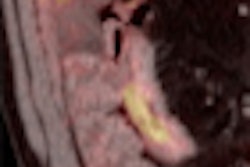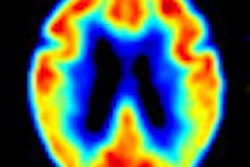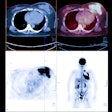Sen. Christopher Bond (R-MO) reportedly continues to delay debate in the U.S. Congress on the American Medical Isotopes Production Act, asserting that the bill designed to promote the production of medical isotopes in the U.S. could have the opposite effect.
The bill allocates as much as $160 million to help fund production of molybdenum-99 (Mo-99) in the U.S. and gradually eliminate the export of highly enriched uranium. The proposed legislation received overwhelming approval in the House (HR 3276) in November 2009 before going to the Senate for consideration.
A July 21 report in the Columbia Daily Tribune stated that Bond's opposition is related to a provision in the legislation that would ban the export of highly enriched uranium. The measure is designed to encourage other nations to convert their nuclear reactors to low-enriched uranium and thus decrease their ability to produce nuclear weapons.
According to the report, Bond said the provision could make the medical isotope shortage worse by halting foreign production before the U.S. can develop its own internal supply.
In February, Bond expressed similar reservations that the bill would increase costs and the chances of Mo-99 shortages in the switch from an international supply to U.S. production.
The newspaper also reported that a group of 19 physicians and scientists wrote a letter to Bond, requesting that he support the bill. The piece quotes Alan Kuperman, coordinator of the Nuclear Proliferation Prevention Program at the University of Texas and one of the letter's authors, as saying there is "no realistic prospect the legislation would hurt the U.S. supply of medical isotopes."
Related Reading
Report: Isotope bill stalled in Senate, February 2, 2010
U.S. House approves bill to fund U.S. Mo-99 production, November 6, 2009
House committee passes Mo-99 supply bill, October 26, 2009
Mo-99 supply bill passes House subcommittee, October 21, 2009
Coalition urges Congress to act on Mo-99, July 29, 2009
Copyright © 2010 AuntMinnie.com




















